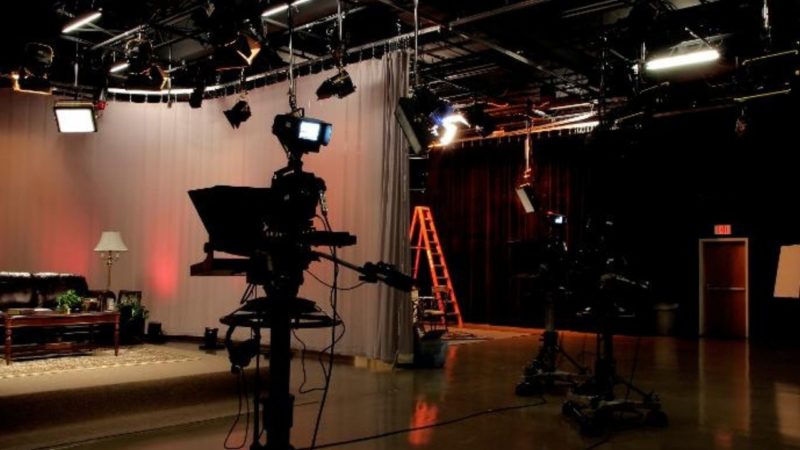Australian TV drama production in dramatic drop according to QUT-led research
While more production companies are now making drama series in Australia, they are making substantially fewer than they were in 1999 and foreign conglomerates are taking a bigger share of the drama pie. That’s according to new research led by QUT.
The Australian Television Drama Index report concluded that available drama production work and revenue are increasingly diluted and that the diminished priority on drama from commercial broadcasters hampers the production of Australian drama.


